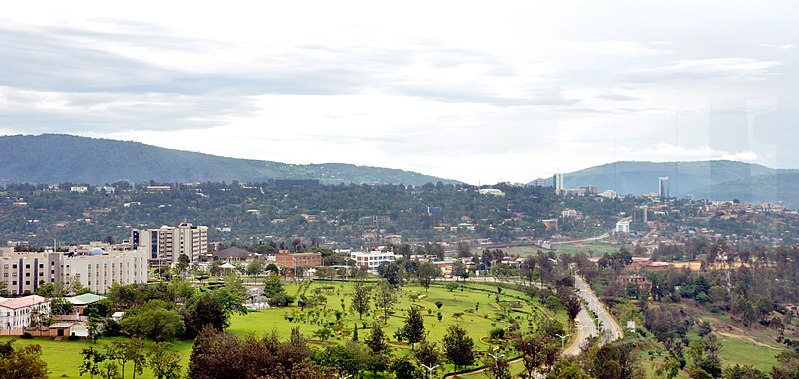
Home Secretary Suella Braverman has defended the government's decision to send migrants who come to Britain illegally on a one-way ticket to Rwanda, despite facing scrutiny over a 2018
incident where refugees were shot at by police. In an interview with BBC's Sunday with Laura Kuenssberg show, Braverman was challenged over United Nations allegations that a group of refugees protesting food rations were met with live rounds, resulting in the death of 12 people. Braverman, who admitted to not being familiar with the incident, had earlier claimed that she was "convinced it is safe to send refugees to Rwanda."
Last April, the UK government signed a £120 million agreement with Kigali, and the Home Secretary vowed to proceed with the Rwanda policy. Braverman stated that Rwanda is a safe country and that it is the right solution to the UK's small boats problem. She added that Rwanda has successfully resettled and integrated over 100,000 refugees or asylum seekers and that they have a track record of providing humanitarian support to people fleeing persecution or conflict.
During her recent visit to Rwanda, Braverman met with some of the 100,000 refugees who were resettled there and heard their expressions of gratitude towards Rwanda for the support they received. She claimed that sending migrants to Rwanda strikes the right balance of providing humanitarian aid while deterring those seeking a life in the UK. Braverman added that there is a provision for asylum seekers to challenge being sent to Rwanda if "extreme circumstances" arise.
The UN High Commissioner for Refugees has previously condemned violence at the Kiziba refugee camp in western Rwanda, where thousands of people from the neighbouring Democratic Republic of the Congo are housed. The incident in question occurred in 2018, where the police allegedly responded to the protest with live rounds, resulting in the deaths of 12 refugees.
The Home Secretary was shown footage of the aftermath of the incident during the interview. The clip raised questions about the safety of sending migrants to Rwanda, as it is apparent that refugees in the country are not immune to violence. However, Braverman insisted that the UK's arrangements with Rwanda were found to be safe and lawful by senior expert judges in the High Court.
Despite Braverman's assertion that Rwanda is a safe country, concerns about the country's human rights record have been raised. According to Human Rights Watch, the Rwandan government has been accused of suppressing political opposition, limiting free speech, and intimidating journalists. However, the UK government maintains that it has safeguards in place to ensure the safety and security of those who are sent to Rwanda.
Critics of the Rwanda policy argue that it is inhumane to send migrants to a country where they have no connections or support systems. They point out that the UK has a responsibility to provide protection to those who are seeking asylum in the country, rather than shirking that responsibility by sending them to another nation.
The issue of illegal immigration and the government's handling of the situation has been a contentious one in recent years. The UK has seen a rise in the number of small boats crossing the English Channel, with many migrants attempting to reach the country from France. The government has faced criticism for its approach to the issue, with some arguing that it has been too harsh and inhumane towards those seeking refuge. The policy of sending migrants to Rwanda is just one aspect of the government's broader approach to illegal immigration. Photo by Honeybarger, Wikimedia commons.




































